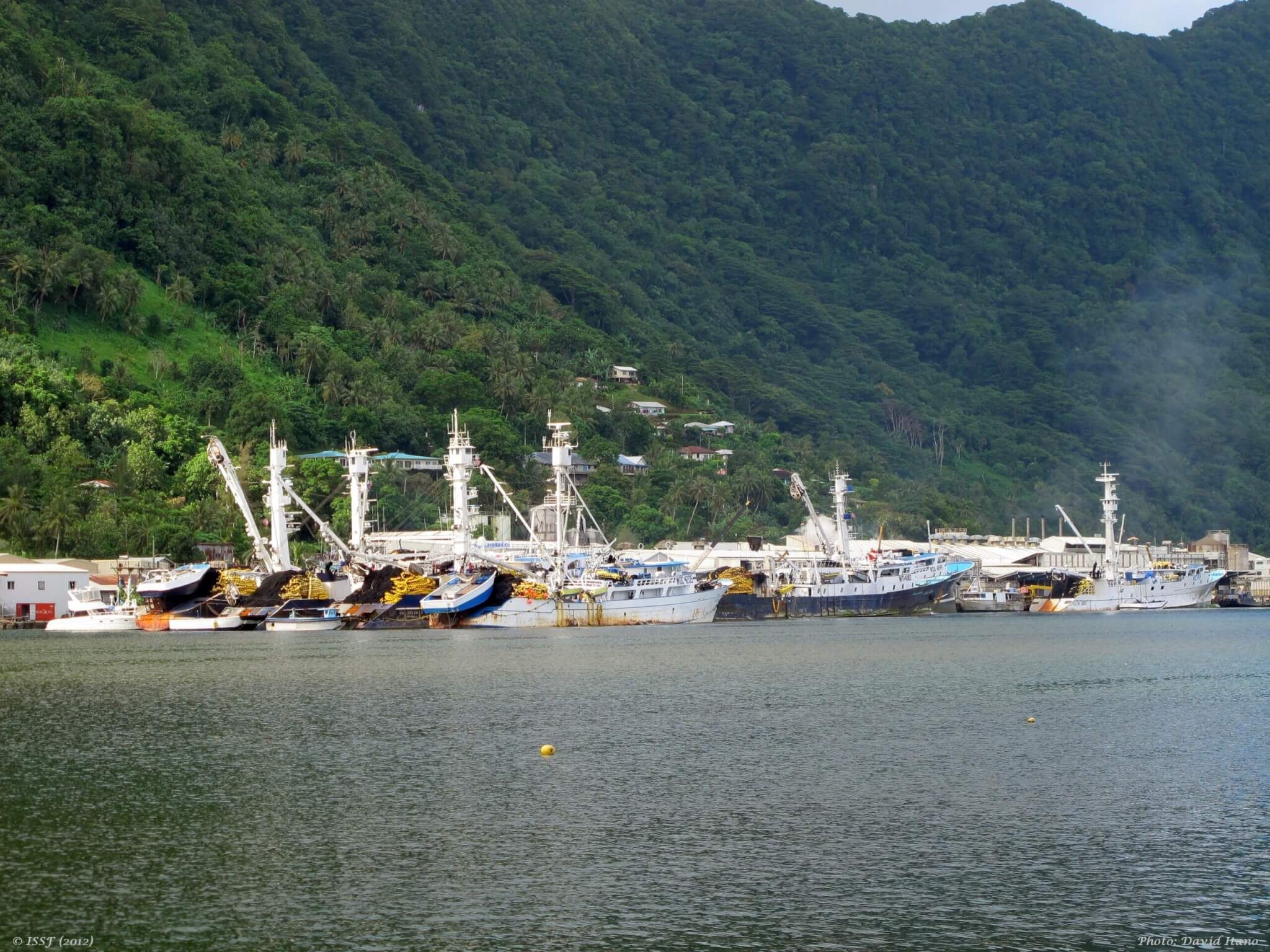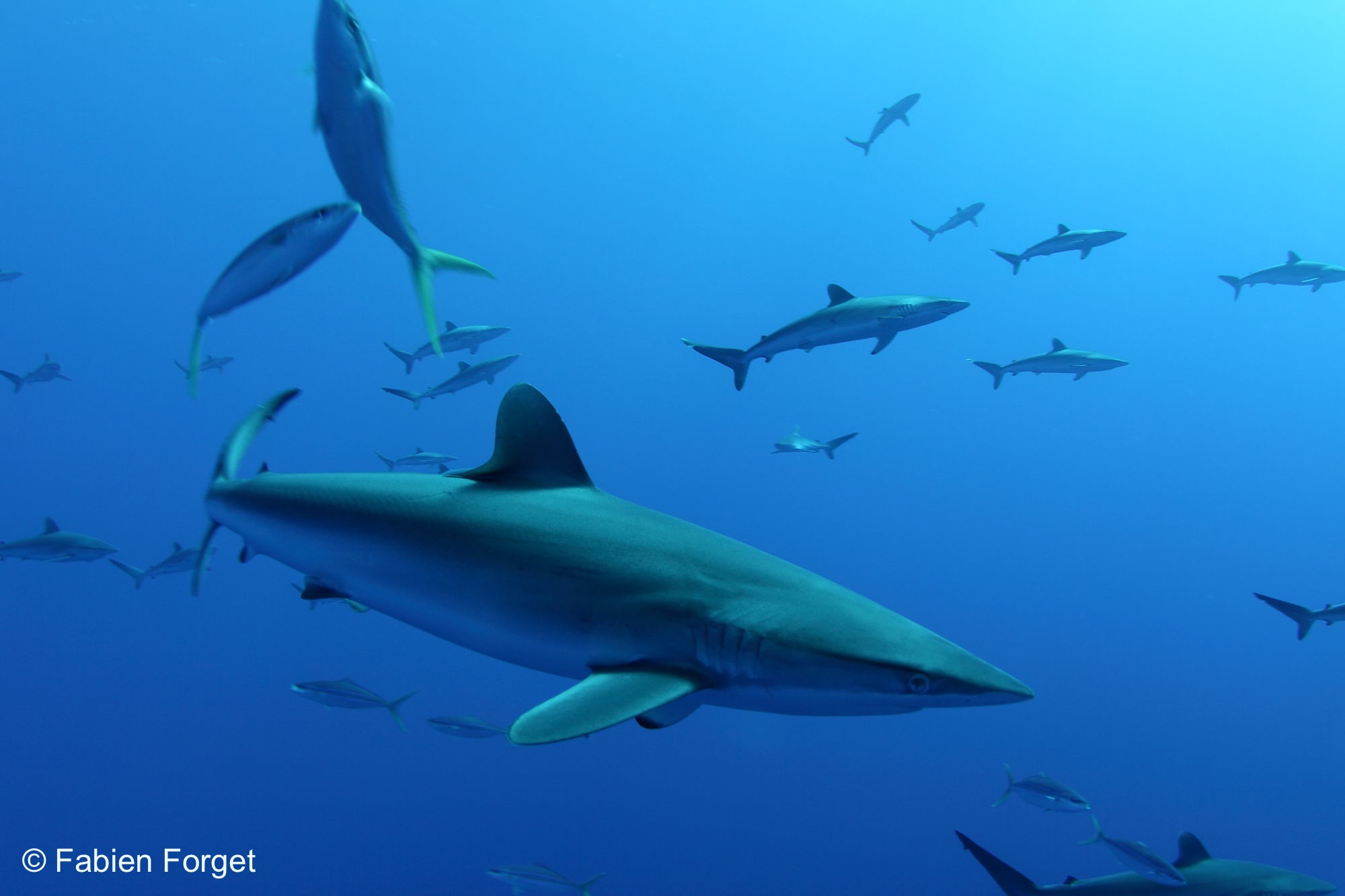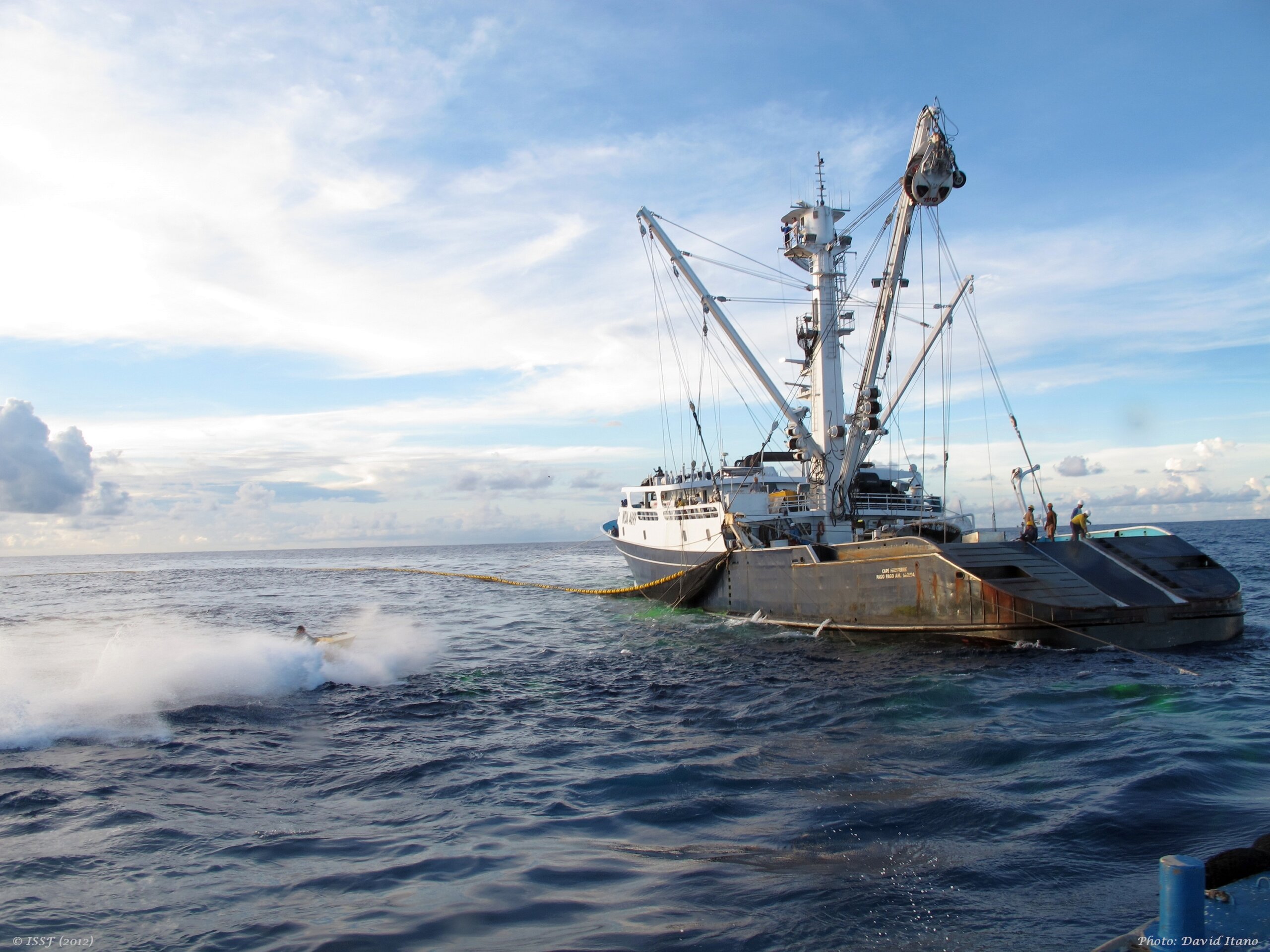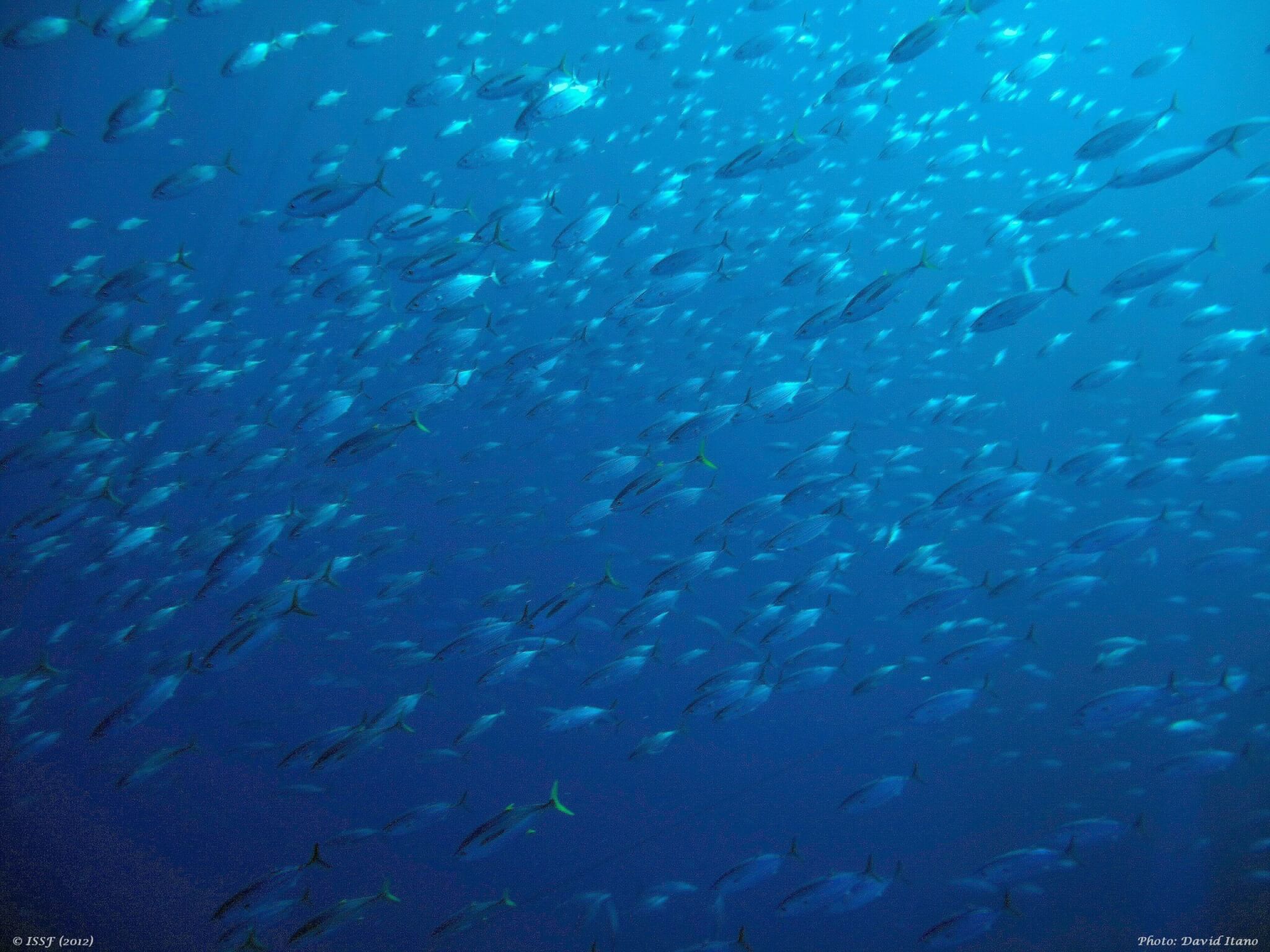
ISSF Participating Companies Commit to New Conservation Measure that Requires Verified Reporting of Progress toward Strategic Plan Five-Year Goal
The International Seafood Sustainability Foundation (ISSF) has adopted a new conservation measure requiring its participating seafood companies to transparently report against progress in meeting the 5-year goal of the organization’s new Strategic Plan. ISSF Conservation Measure 2.5 – Transparency in Reporting Progress Against ISSF Five-Year Goal supports the goal of ISSF’s 2023-2037 Strategic Plan, Continuously Improving Global Tuna Fishery Sustainability, which states:
By the end of 2027, all tuna fisheries from which ISSF participating companies source can meet and maintain the MSC certification standard or there is a clear roadmap and timeline in place to meet this standard that is underpinned by the best-available science.
Our brand-new conservation measure asks ISSF participating seafood companies to report their progress in meeting ISSF strategic plan goals for sustainable fisheries. Share on XConservation Measure 2.5 was adopted on April 19, 2023, and is the newest addition to the organization’s 33 independently audited measures. The first reporting deadline for the measure is March 2024.
“We are pleased that our Strategic Plan includes an explicit, time-bound goal for the first time in ISSF’s history.” said ISSF President Susan Jackson. “Our newest conservation measure takes that concept one step further by verifying company-by-company reporting of progress in meeting that goal.”
“ISSF participating companies walk the talk on transparency in their commitments, and this new measure that aligns company operations to our strategic target is no exception,” Jackson continued. “We look forward to sharing the results of the independent audit of company conformance with this measure in next year’s edition of our Annual Conservation Measures & Commitments Compliance Report — a consistent and accessible resource for stakeholders seeking greater transparency in global tuna fisheries.”
ISSF Conservation Measure 2.5 – Transparency in Reporting Progress Against ISSF Five-Year Goal
The new measure states, to support ISSF in tracking progress towards its Strategic Plan’s five-year goal, seafood processors, traders, importers, transporters, marketers, and other industry stakeholders will commit to publish by March 15, 2024 — and update annually thereafter:
A. The percentage of their tuna purchases sourced from each of these categories:
- Fisheries certified against the then-current MSC Standard and eligible to use the MSC label
- Comprehensive Fishery Improvement Projects (FIPs) that have made progress within the past 36 months or are in their initial year of listing
- Comprehensive FIPs that have not made progress in the prior 36 months but have been publicly listed for less than 5 years
- Fisheries that have entered full assessment for MSC certification but have not been in a publicly listed comprehensive FIP
- “None of the above”
B. A roadmap and timeline to increase the percentage of their purchases from fisheries certified against the then-current MSC Standard and eligible to use the MSC label
C. A roadmap and timeline to decrease the percentage of their purchases from Comprehensive FIPs that have been publicly listed for less than 5 years but have not achieved progress in more than 36 months
D. A roadmap and timeline to decrease the percentage of their purchase from the “none of the above” category
Disclosures made by ISSF participating companies under this conservation measure will satisfy the disclosures required for the exemption in paragraph 3 of ISSF CM 2.4.
About ISSF Conservation Measures & Compliance Process
Since its inception in 2009, ISSF has adopted conservation measures and commitments to facilitate its mission with the intent that processors, traders, marketers and others involved in the seafood industry will follow them to facilitate real and continuous improvement across global tuna stocks. Each ISSF participating company commits to conforming to these conservation measures to improve the long-term health of tuna fisheries.
ISSF participating tuna companies, which represent the majority of the world’s canned tuna production and include well-known brand names, are audited yearly by MRAG Americas on their compliance with ISSF conservation measures.
The April 2023 ISSF Annual Conservation Measures & Commitments Compliance Report showed a conformance rate of 99.75 percent by 25 ISSF participating companies in 2022. In addition to a summary report, MRAG Americas issues individual seafood company reports that detail each organization’s compliance with ISSF’s conservation measures. ISSF publishes these individual company compliance reports on its website.


